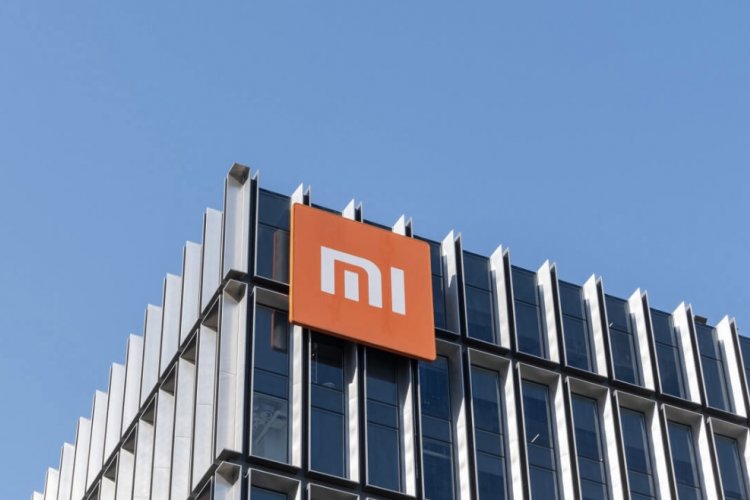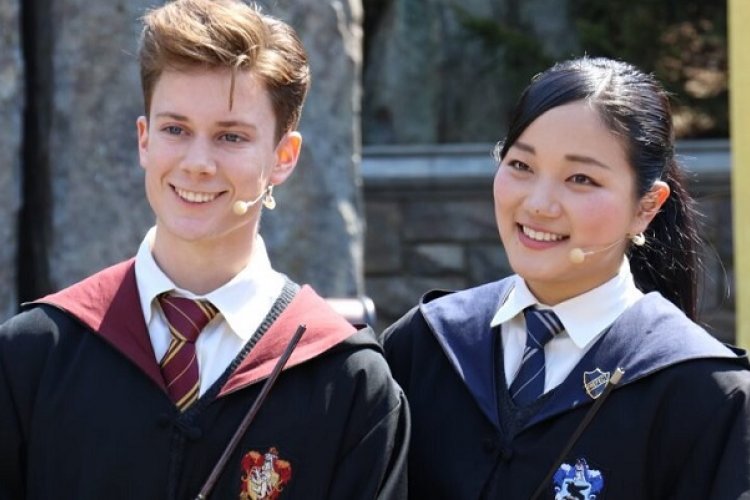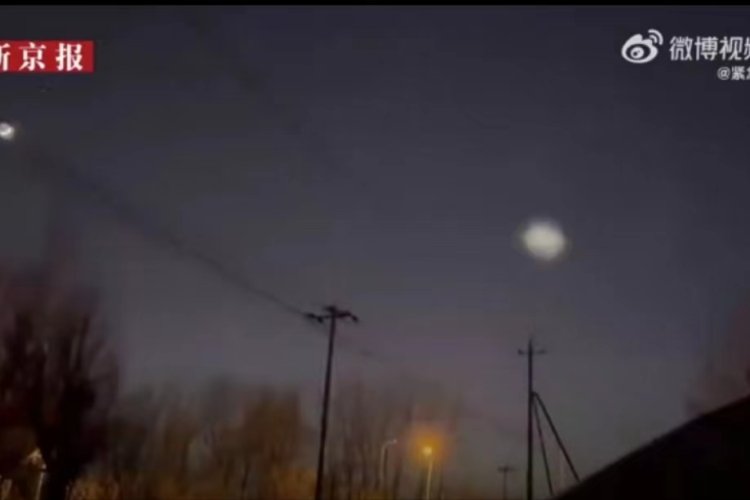News Roundup: Parks, UFOs and Politicians Who Lunch
For once, there are no scandalous stories about museums or trains. Don't worry – we've got a lot of odd and random news items to keep you entertained.
This first one falls on either divide of the good/bad news probably depending on how long you've been in China. China has decided to put the kibosh on new theme parks (and related property speculation) to cool the real estate market. Before you start bemoaning the loss of fun (which means you're in the group that hasn't been here long enough), think of the horrendous parks that this may prevent. Like this one, the "world’s worst theme park."
UFOs have recently been spotted in Beijing (and Shanghai and Shenzhen). After several sightings last year, the latest round of unexplained lights has led to questions: Do UFO sightings correspond to certain stages in a country's economic development? Do countries without space programs have UFO sightings?
Hertz will start renting out electric cars in Beijing this week. Two of them, to be exact. Both cars will include a driver. Hertz has yet to report prices or exactly how you can get your hands on these coveted cars, but these green vehicles are promised to get 300km on a single charge going 70 km/hr (without the A/C). That will get you around the Third Ring six times on a good traffic day, or up and back from the Great Wall with kilometers to spare.
The media’s fascination with American politicians and their lunches continues. Reports have come out that US Ambassador Gary Locke, on a visit to Chengdu, fed his entourage of 15 for just RMB 180. No word yet on whether this will spawn “the Locke special.”
Lastly, with the school year starting up again soon, the discussions are bound to start up again over whether the Chinese educational system and parents are properly preparing children to succeed in the future. The Pew Research Center recently released a study that adds some global context and some data to mull over. While 64 percent of respondents in the US say American parents are not strict enough with their kids when it comes to academic expectations, an overwhelming 68 percent of Chinese respondents believe that parents here put too much pressure on children.
Clearly, the pressure has paid off, as we can see from China's performance on recent international rankings of students. But where would the other top-ranking countries (i.e. Japan, Korea, Canada, Finland) fall on Pew's parental-pressure survey?
Photos: China Daily, PewGlobal.org



